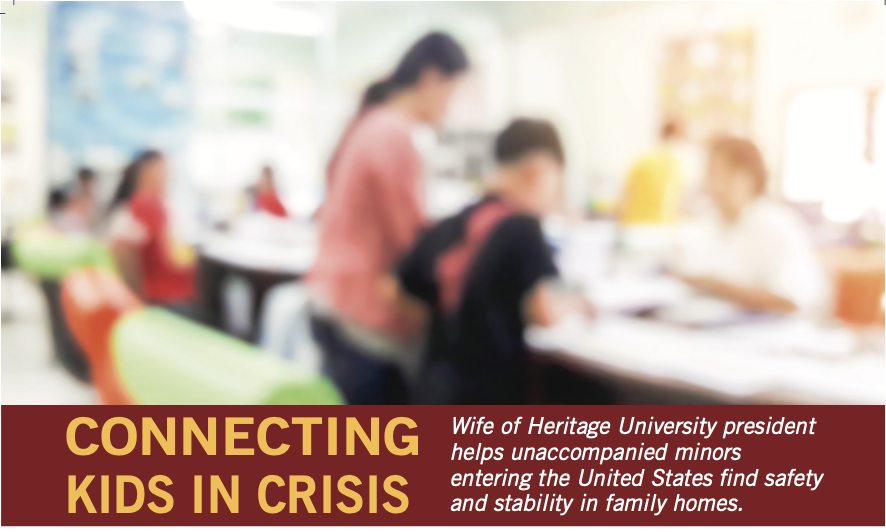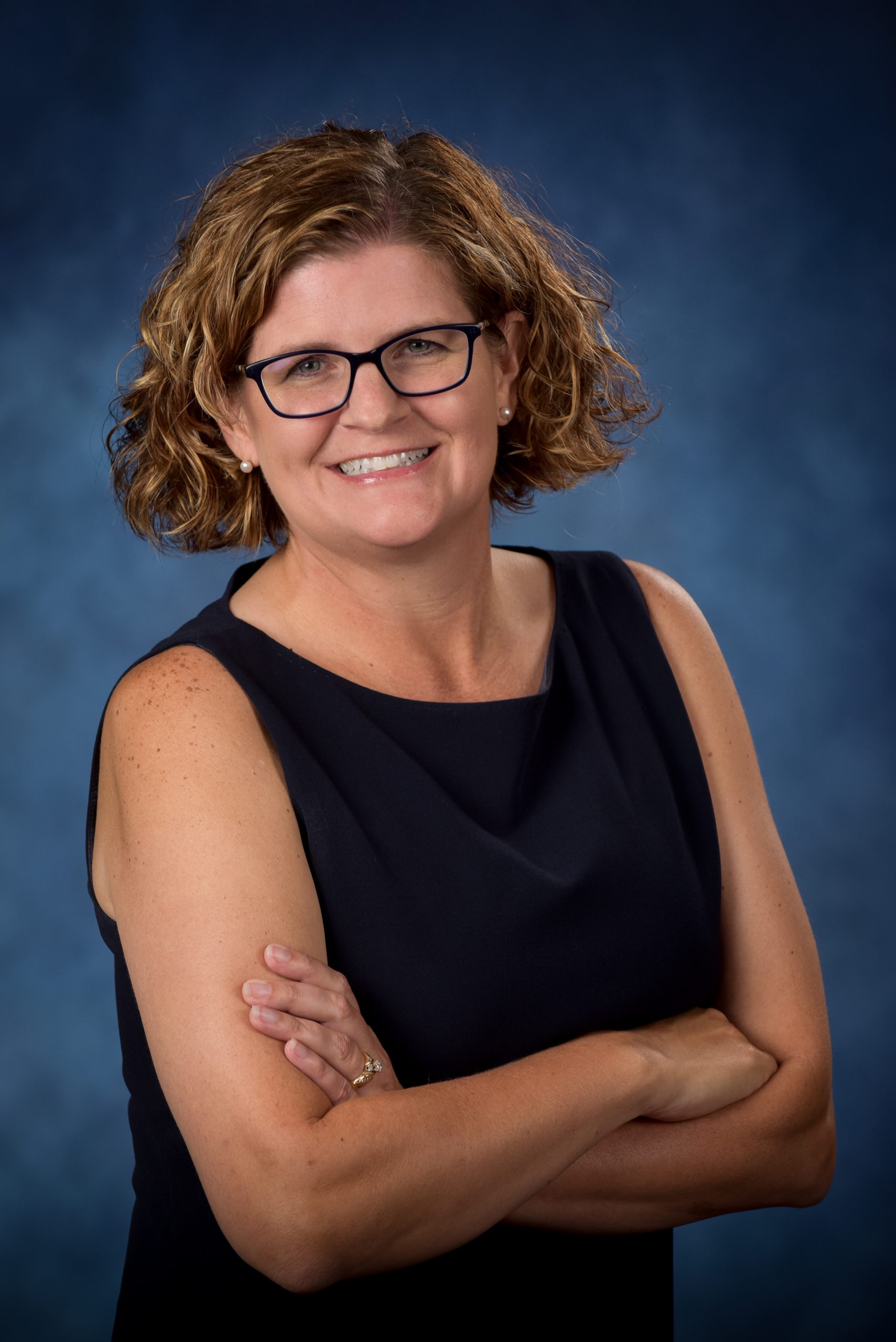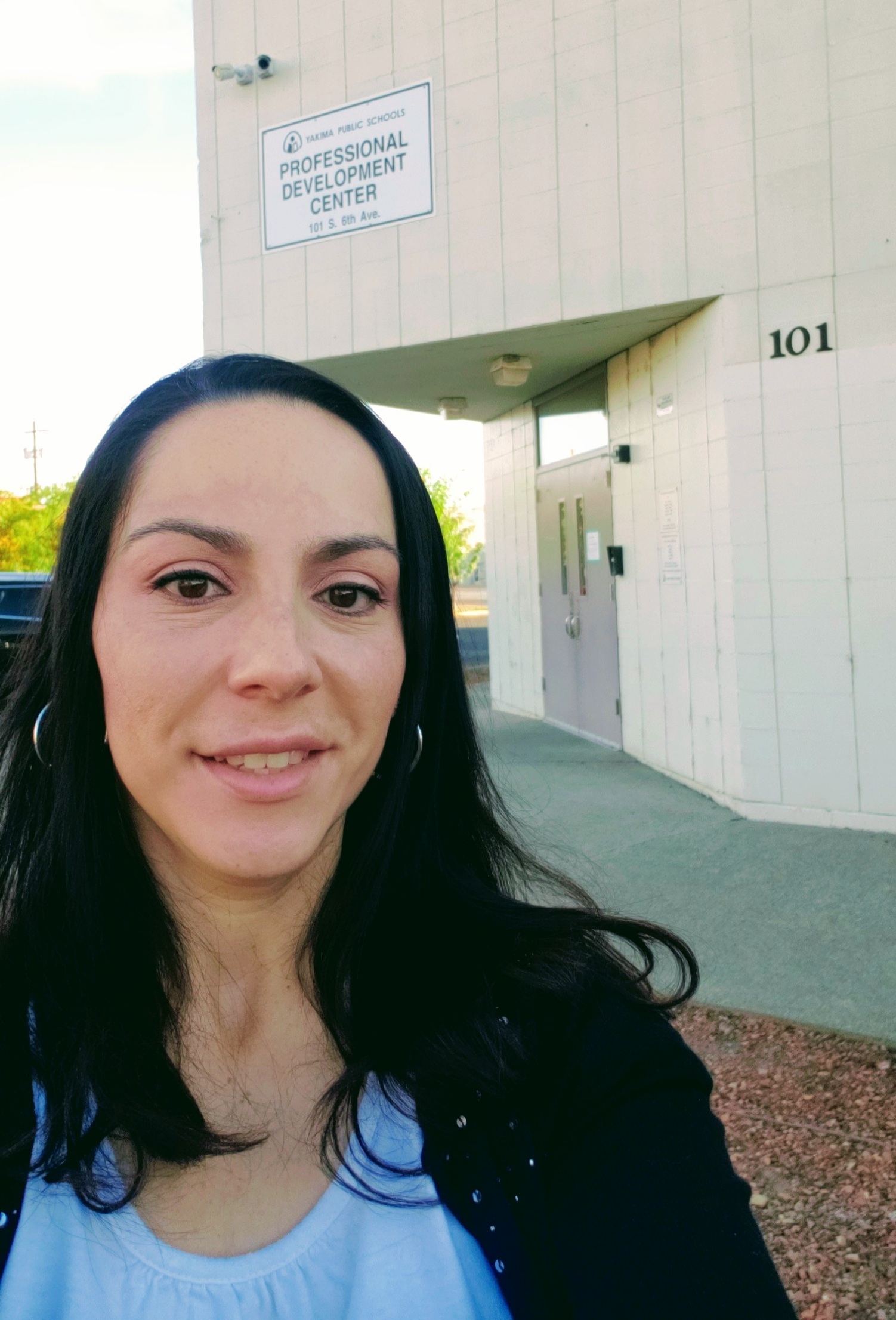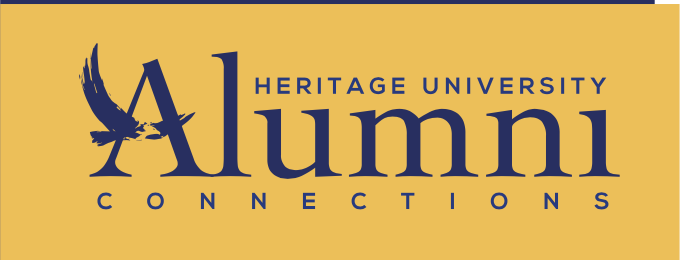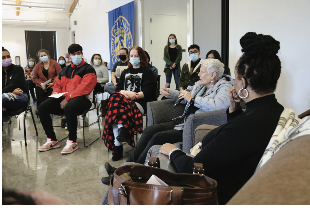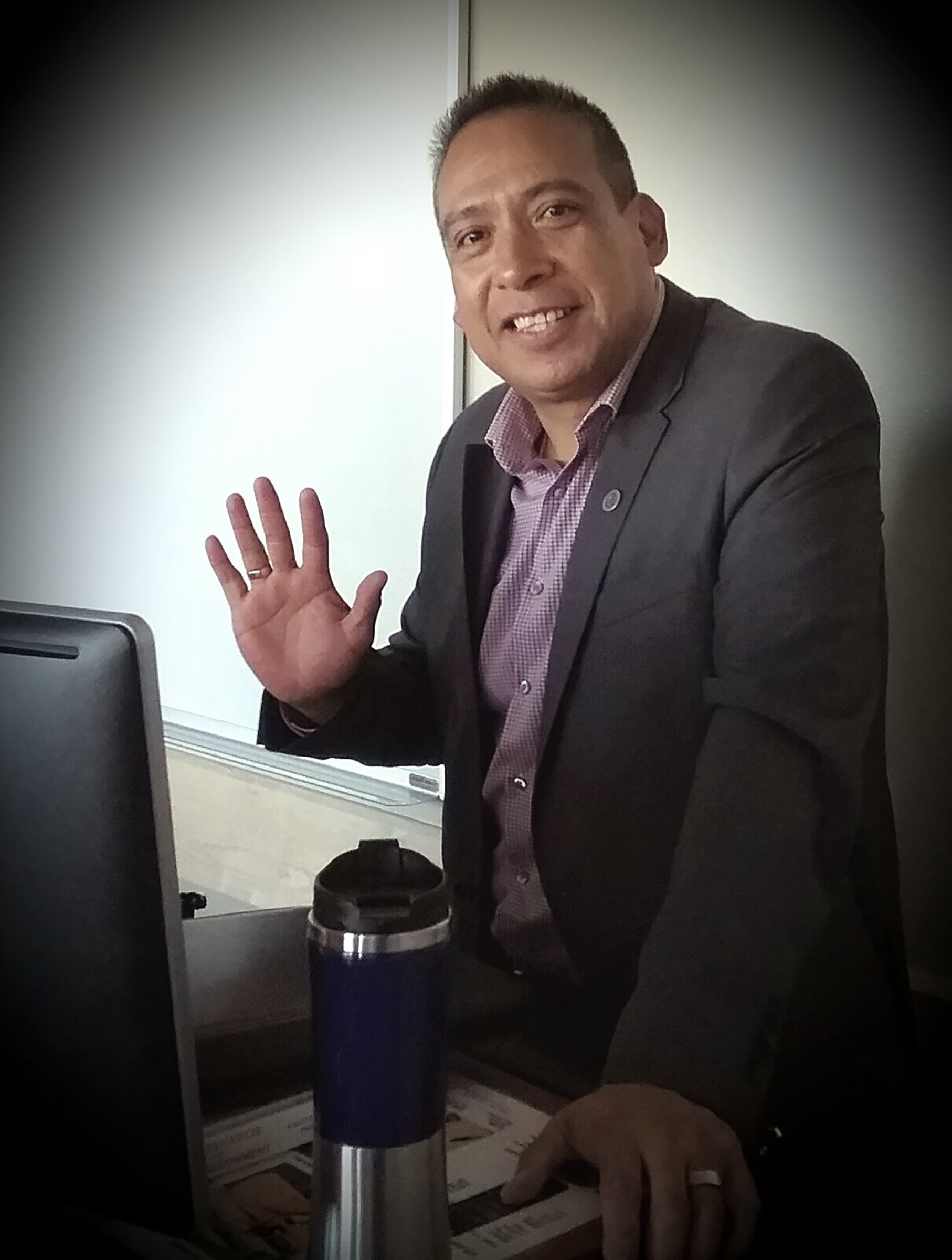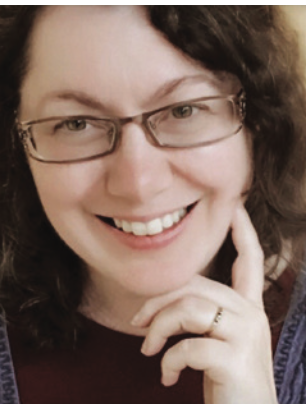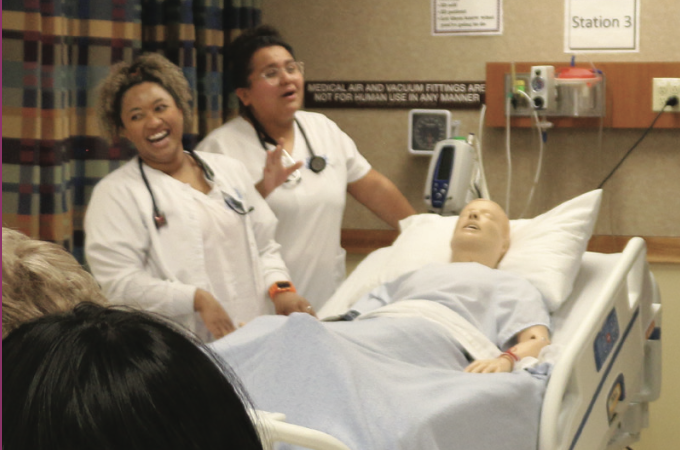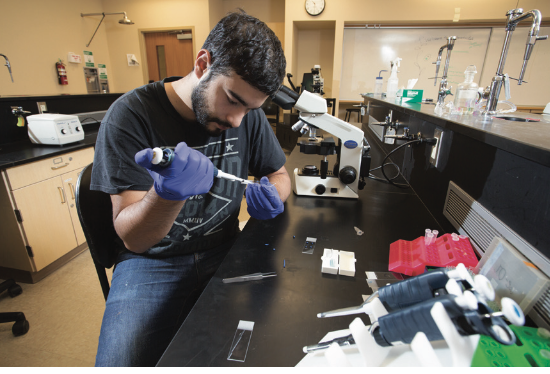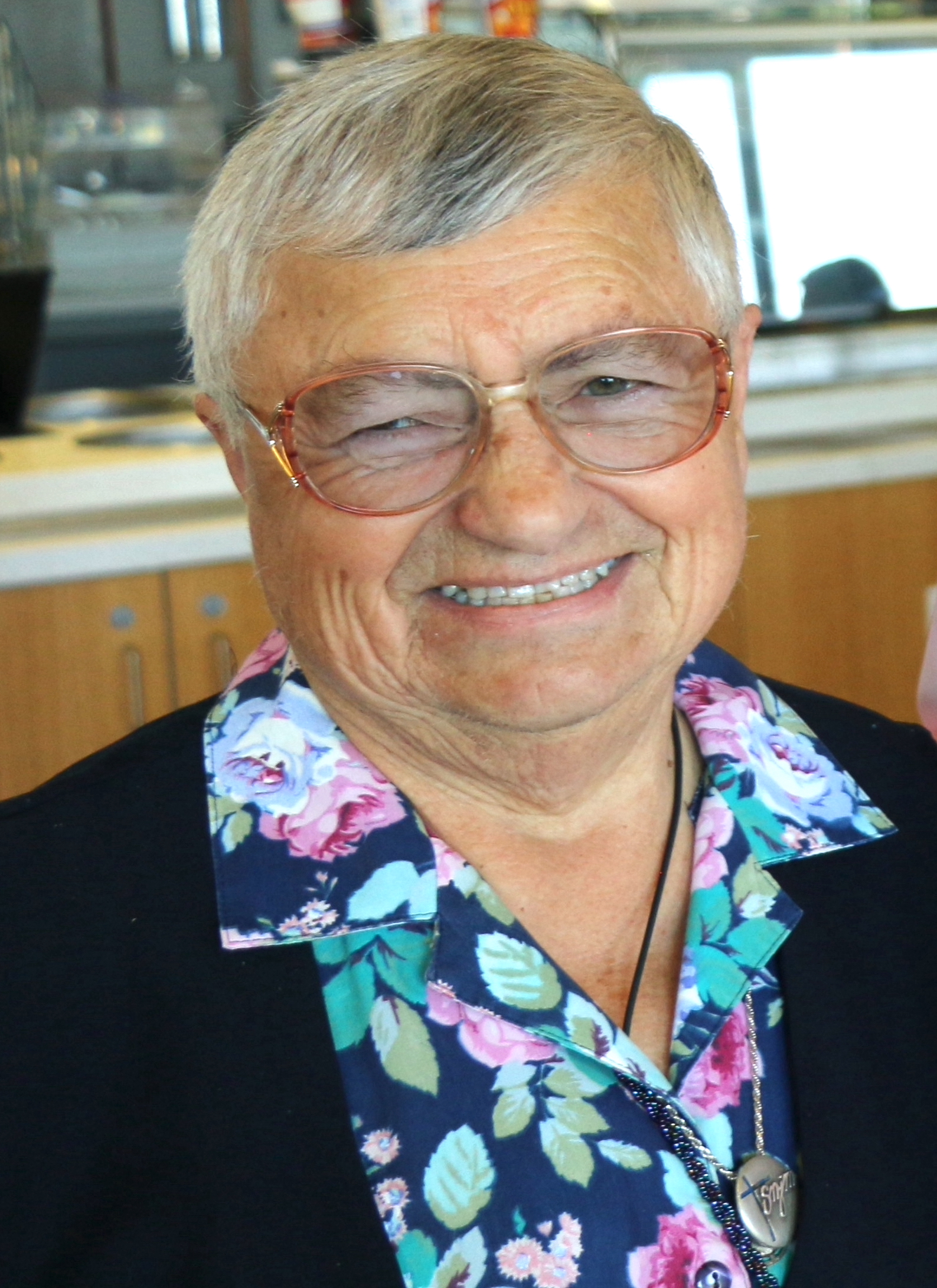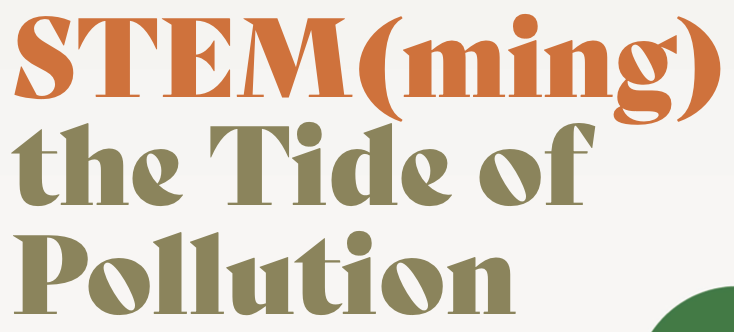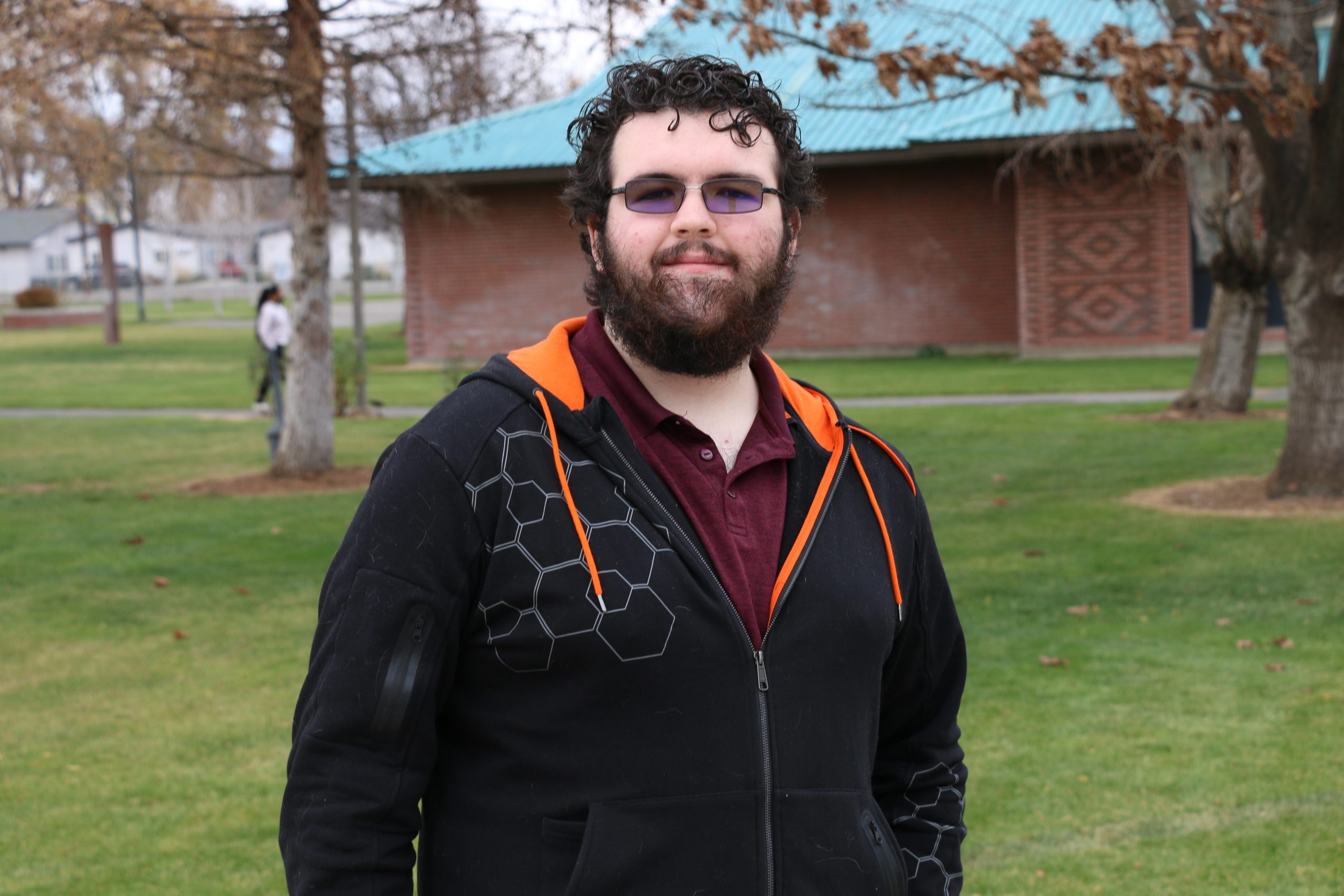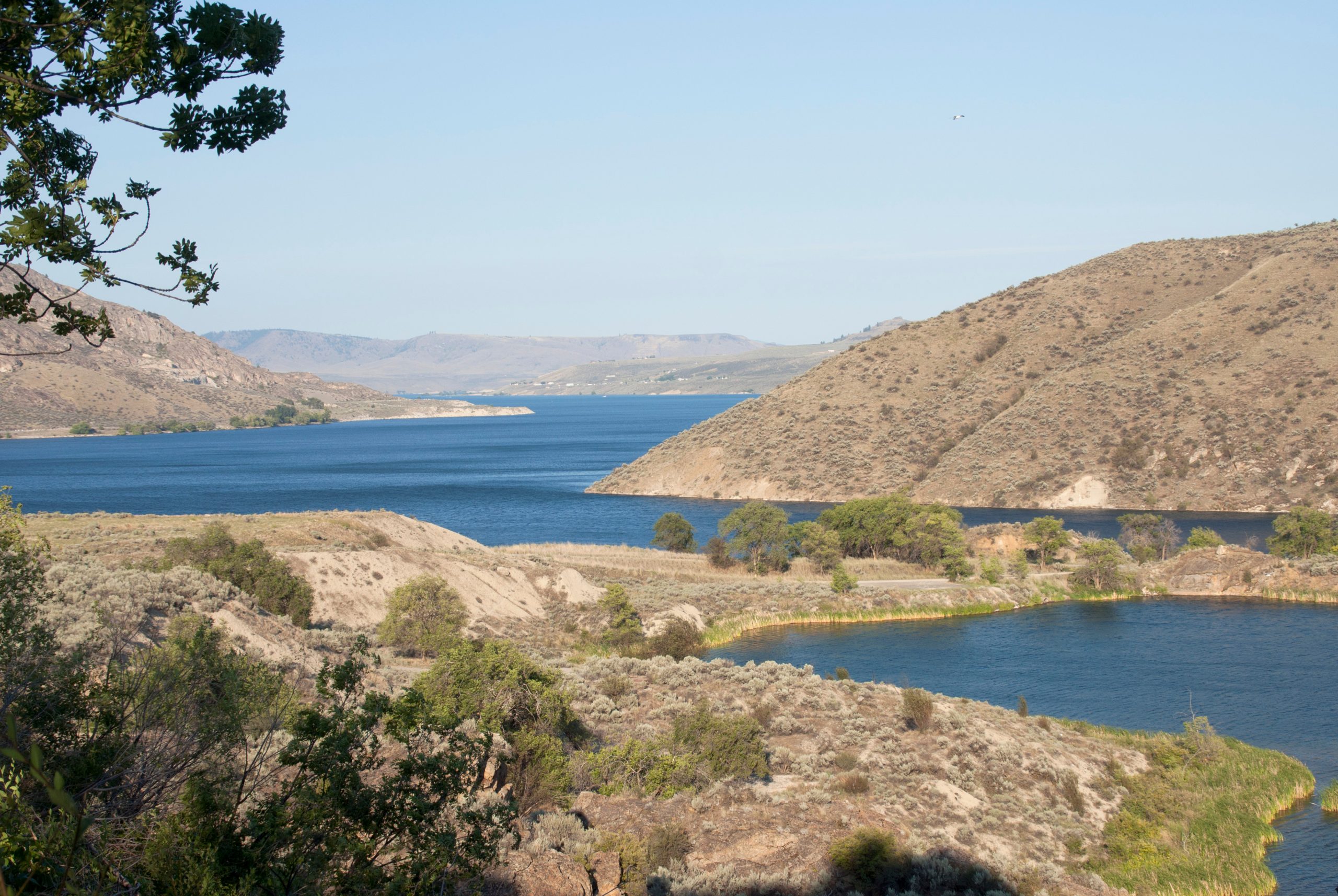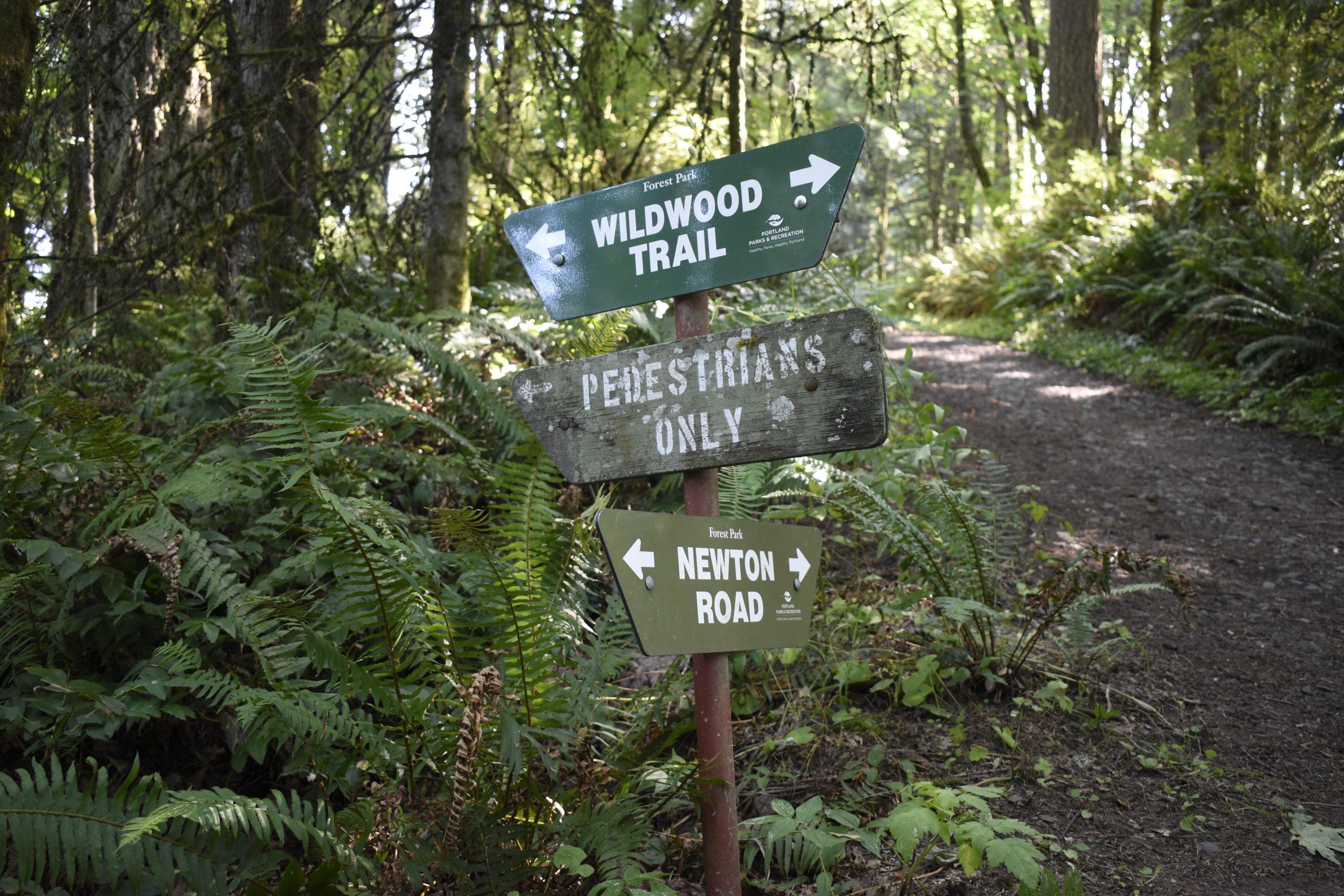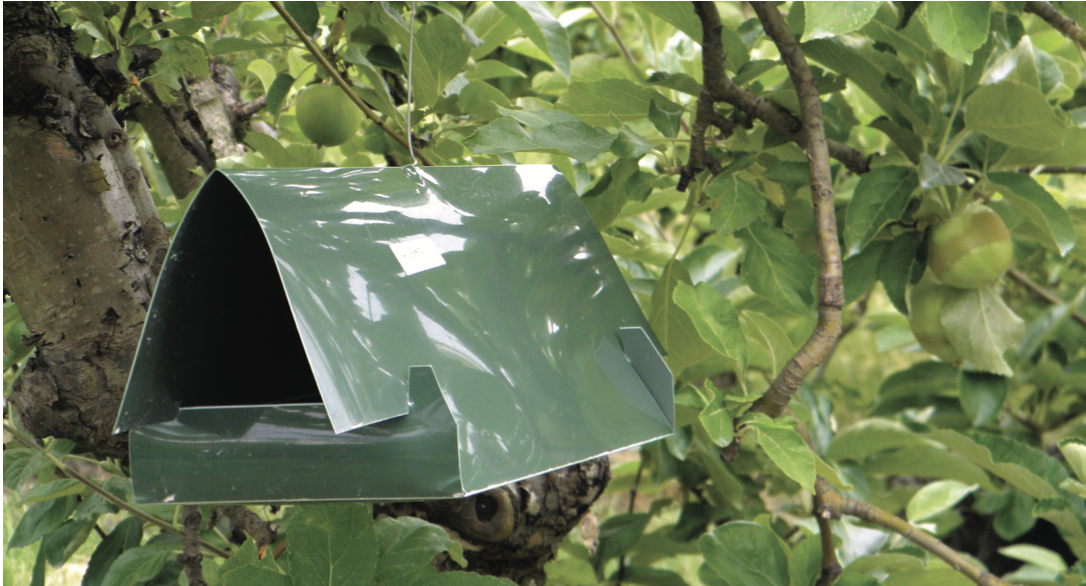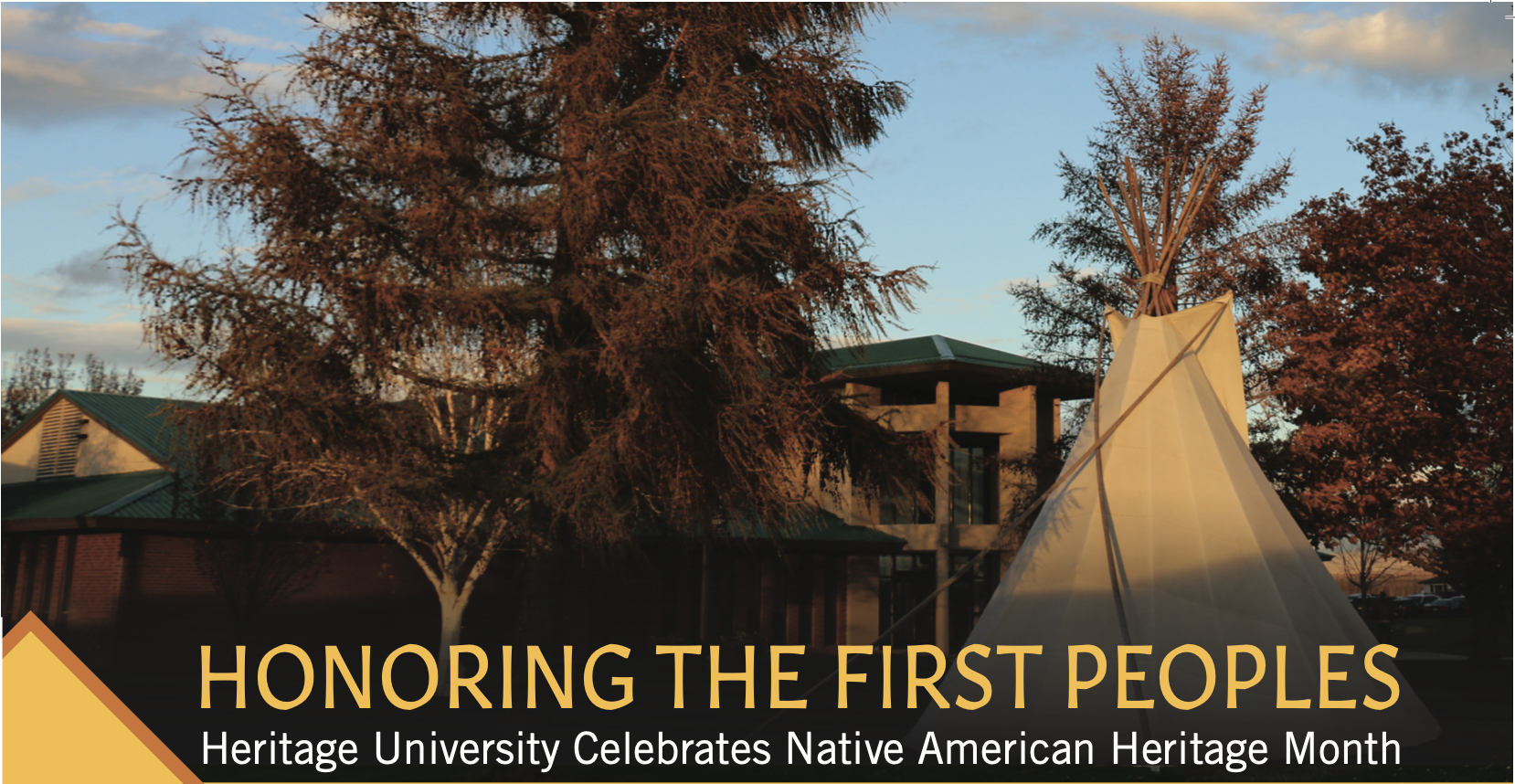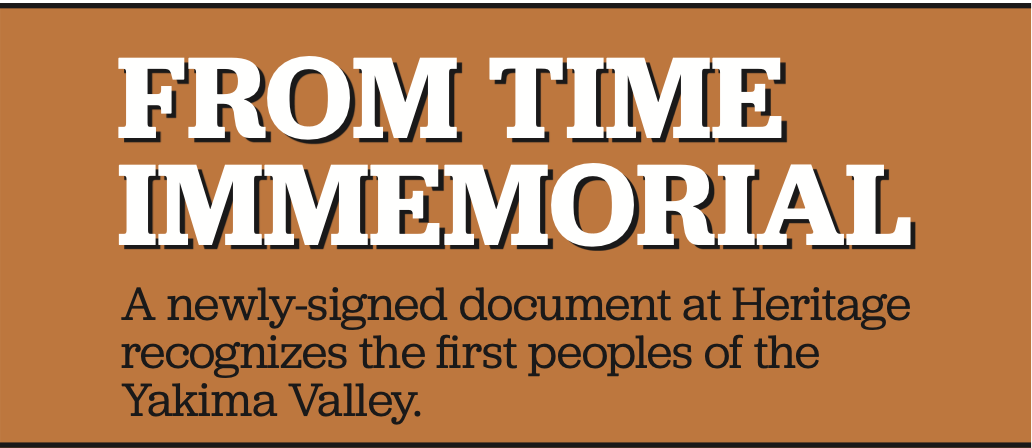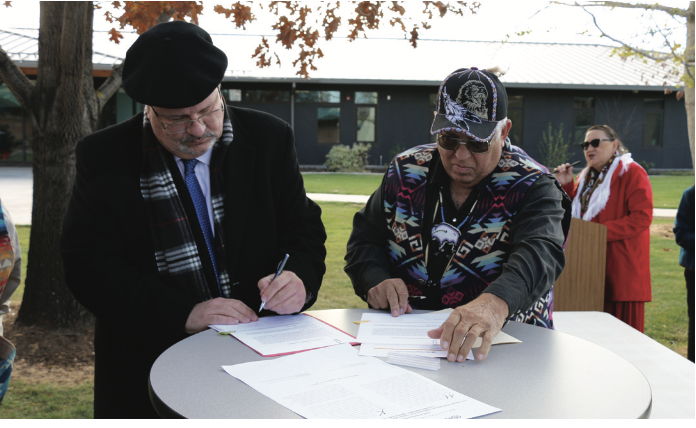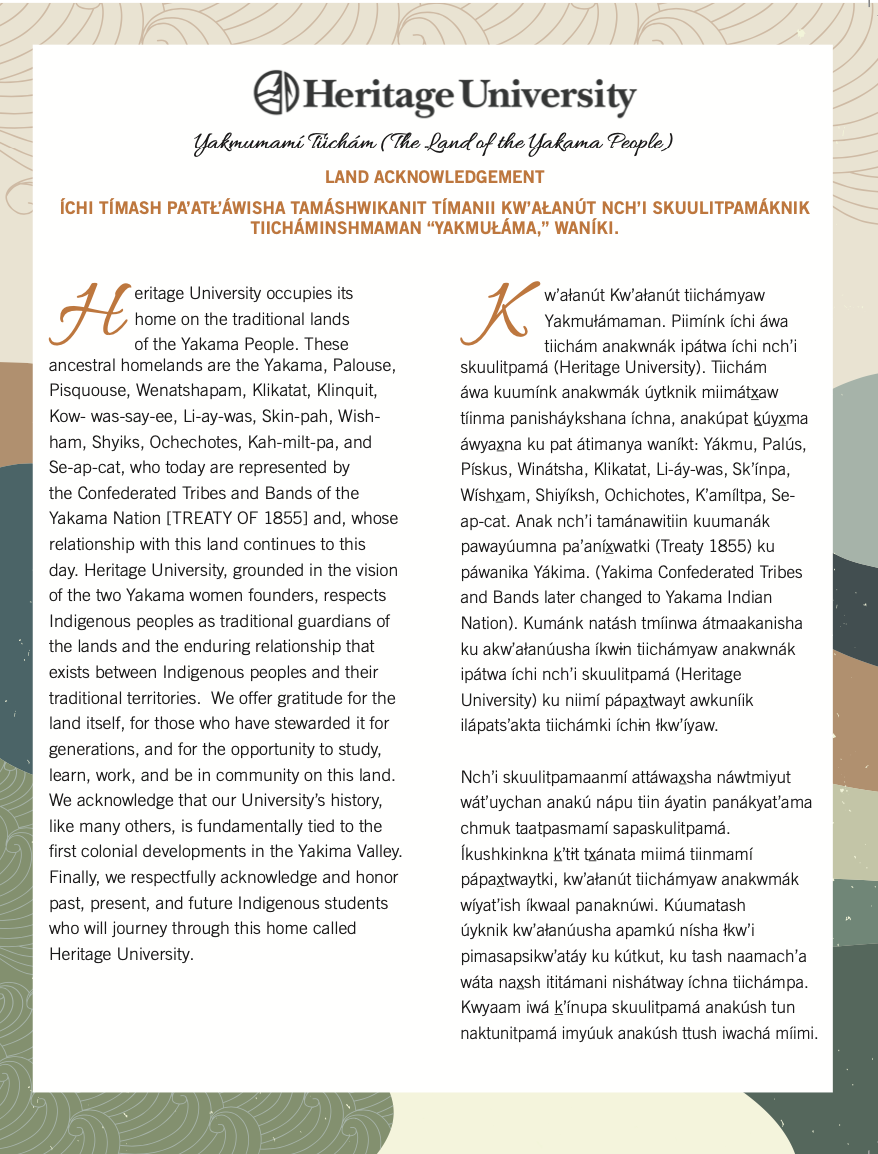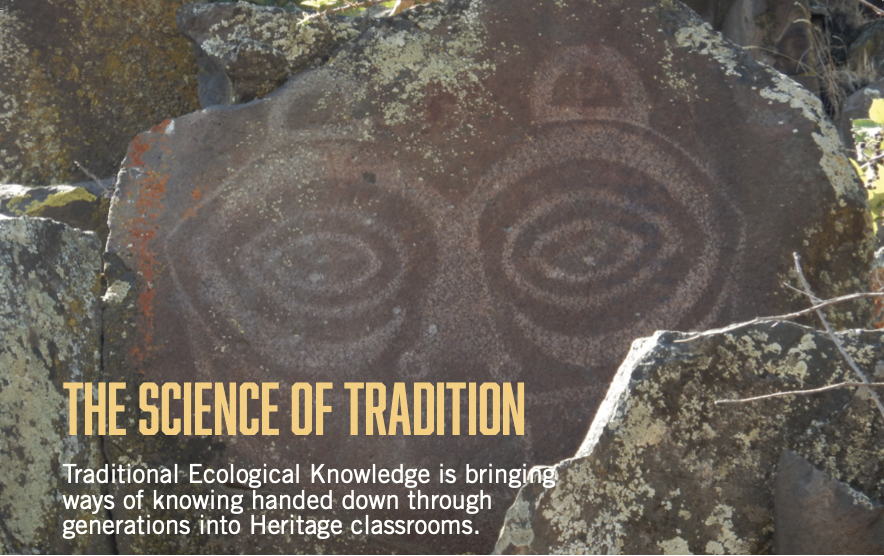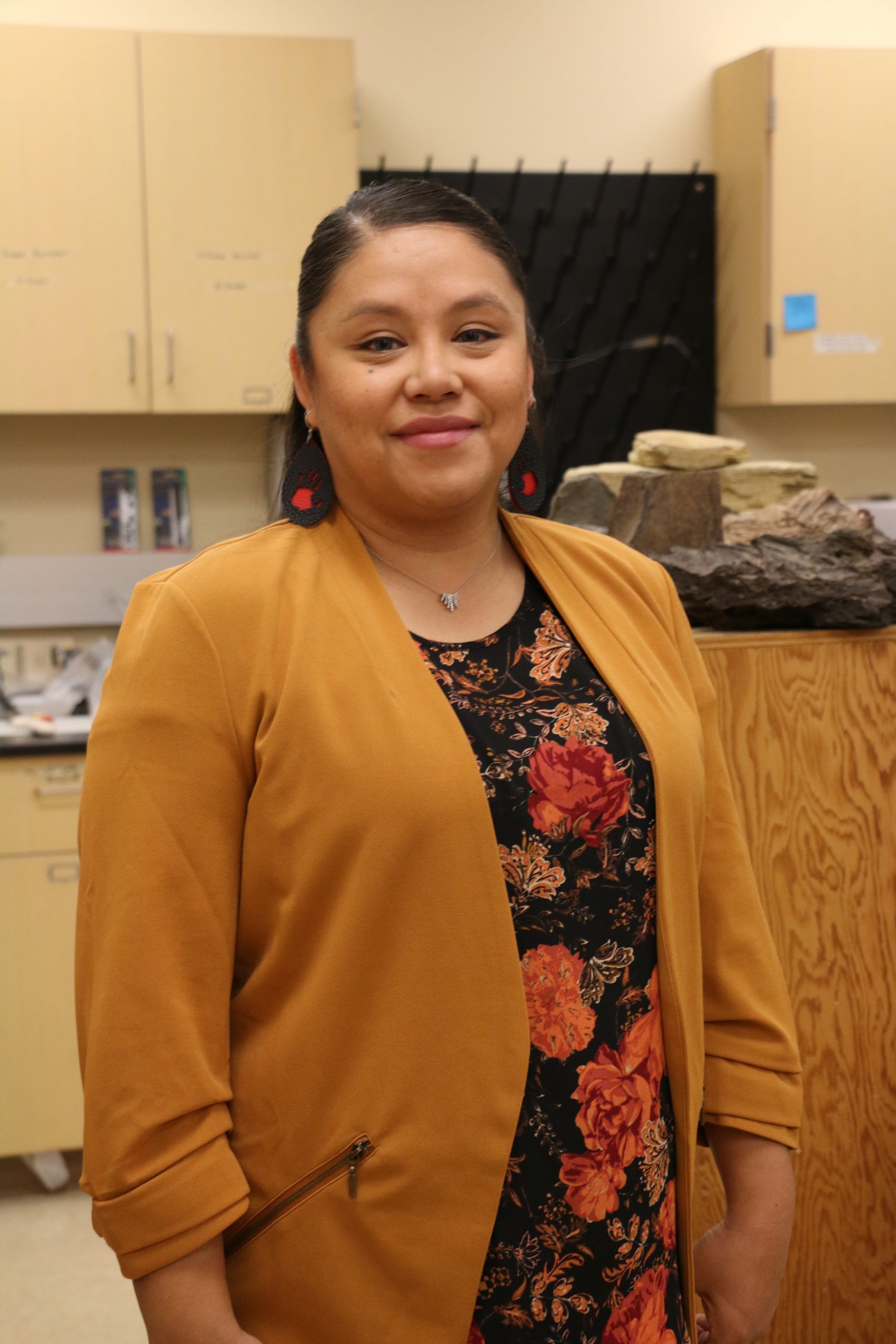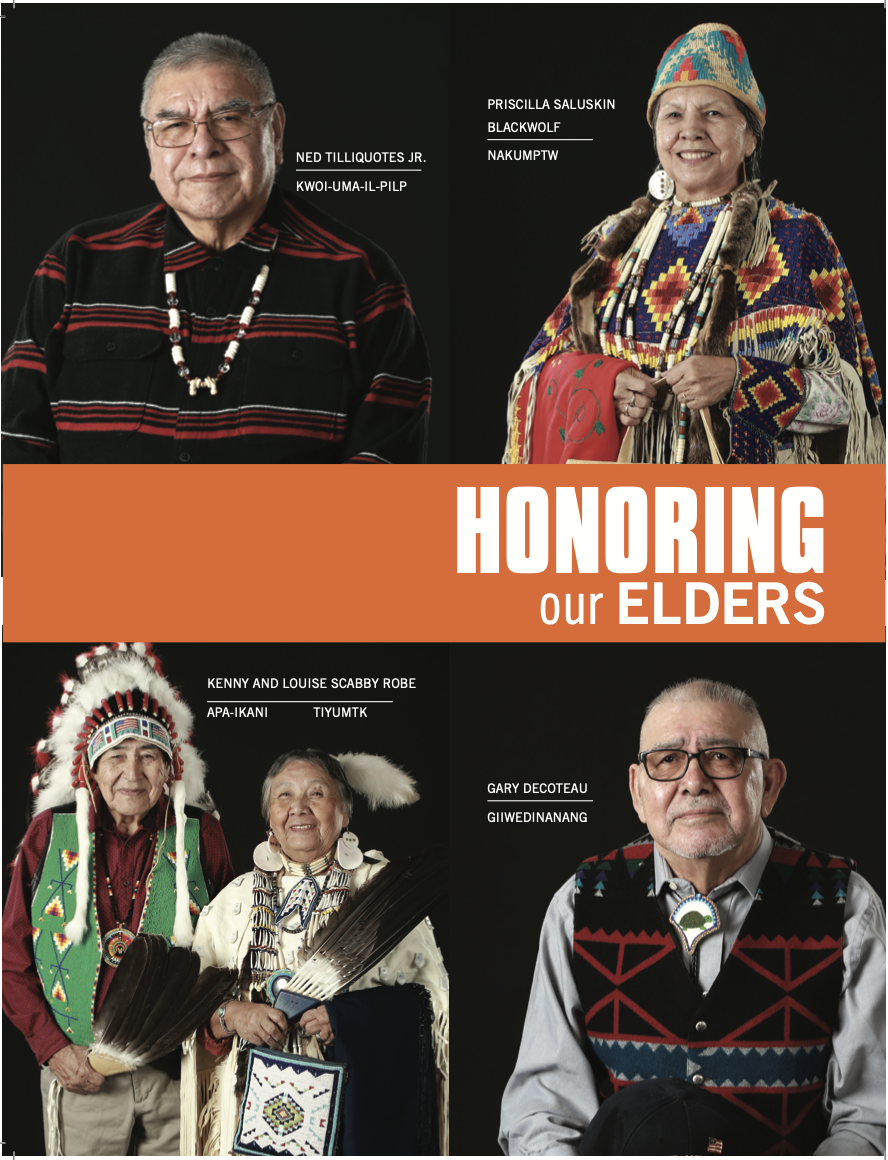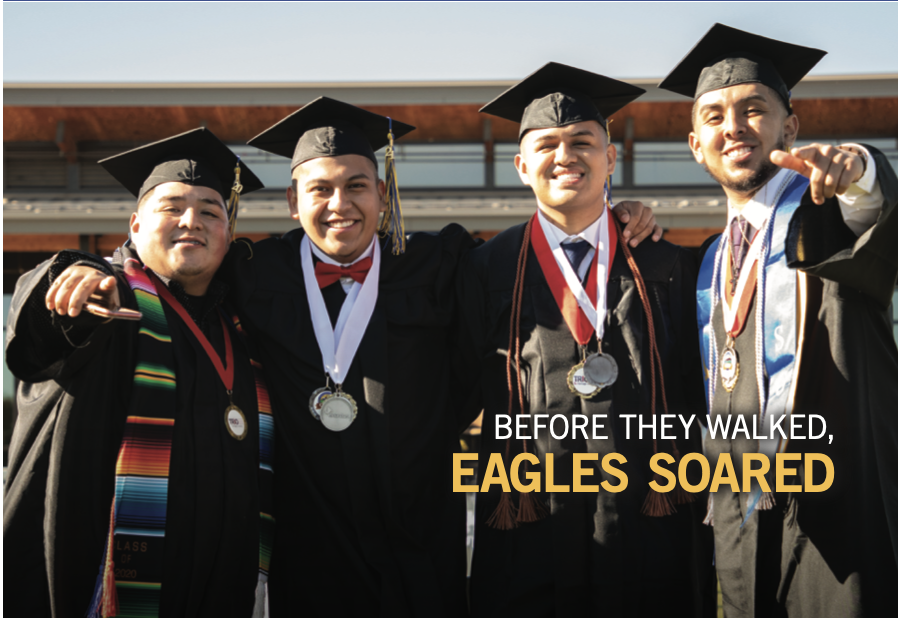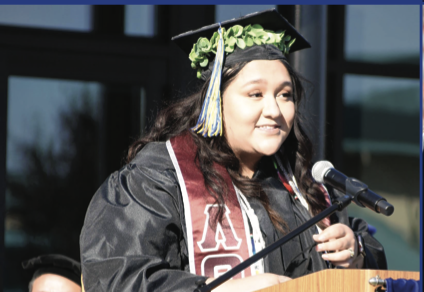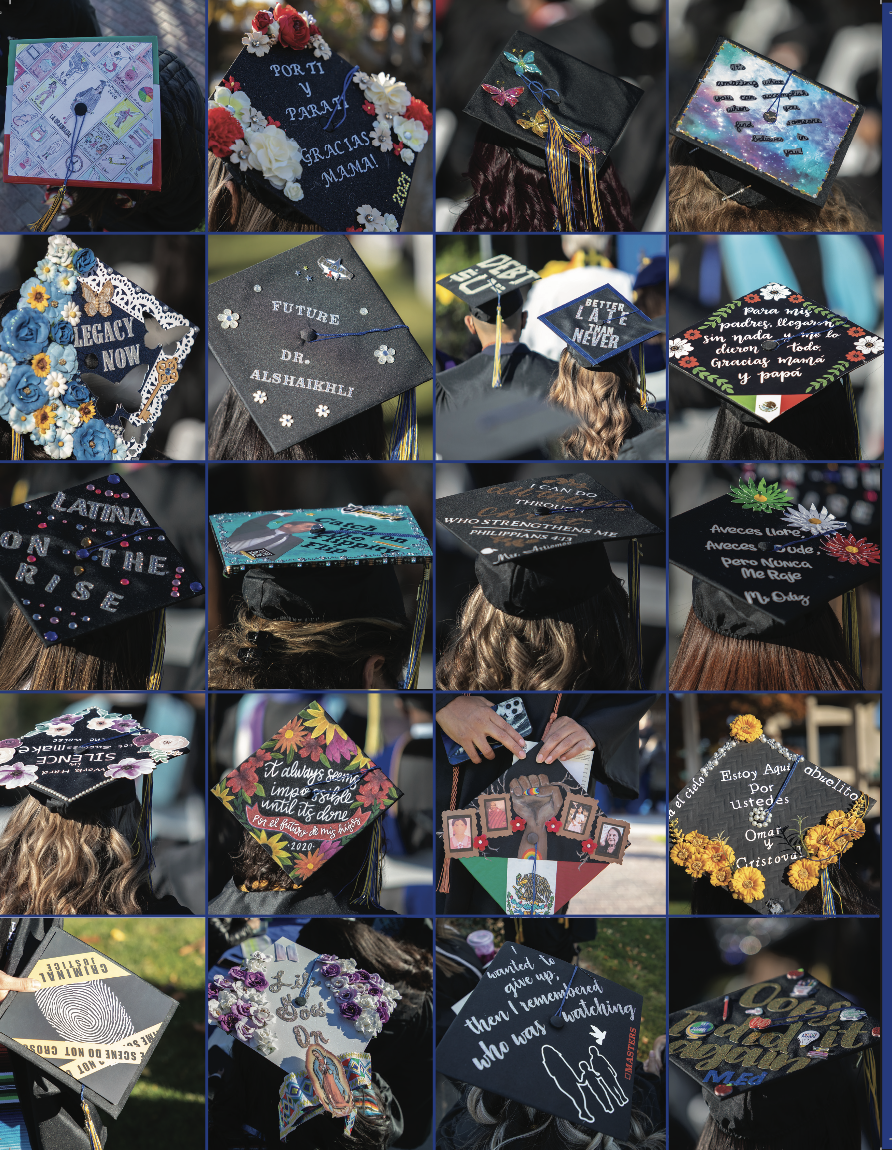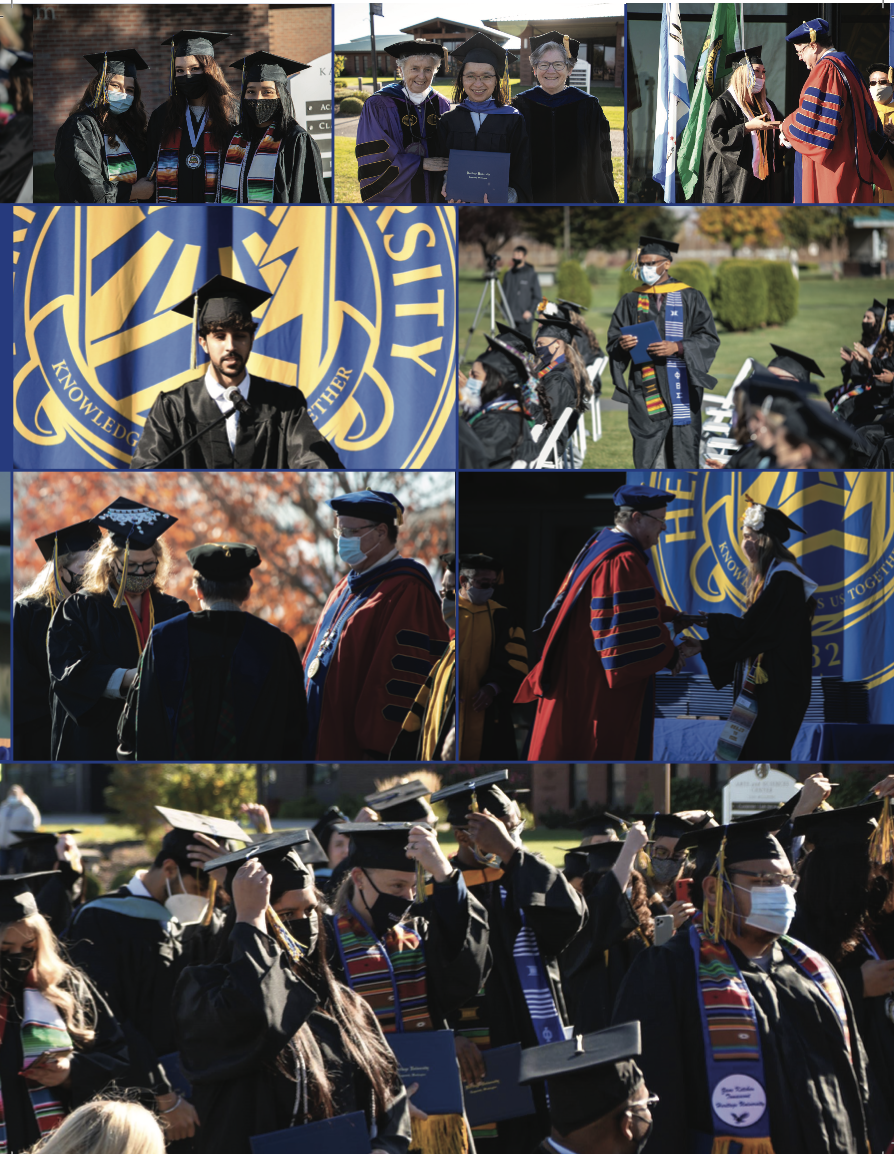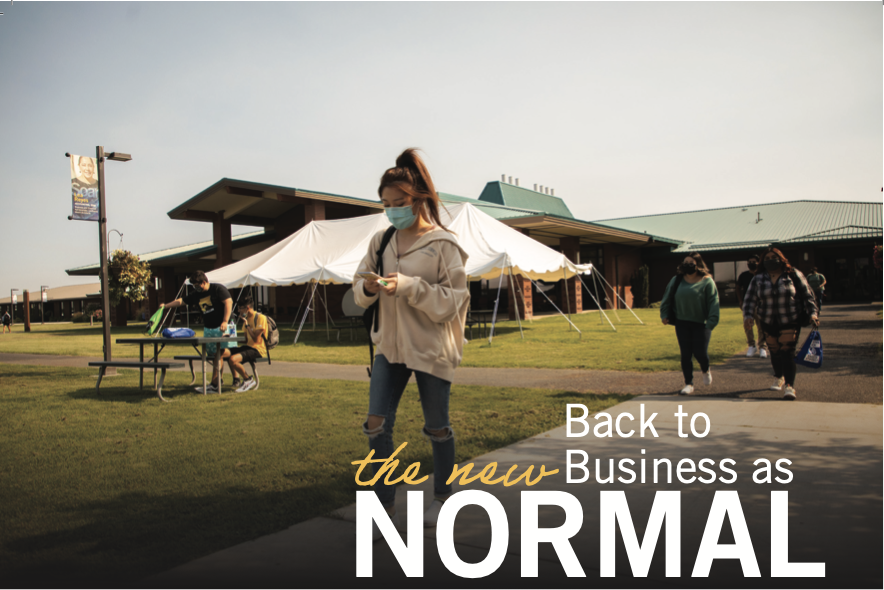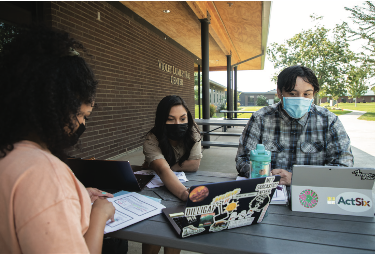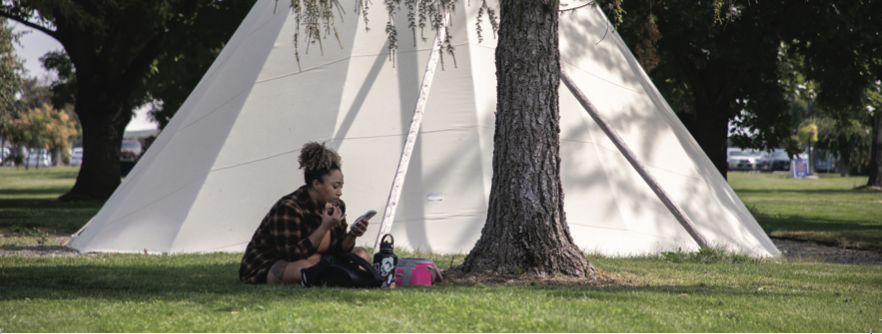Behavioral Health Grant to fund certificate program at Heritage University
FOR IMMEDIATE RELEASE
Heritage University receives a $400,000 grant to fund student scholarships for Behavioral Health Aide Education Program
Toppenish, Wash. – Tribal health workers enrolled in a new Heritage University certificate program to expand their skills will receive scholarships for their two years of study thanks to a $400,000 grant from the Greater Columbia Accountable Community of Health (GCACH). The eight students funded by GCACH will be part of the 10 students selected in the first cohort of the Behavioral Health Education Program and will start classes at Heritage in January 2022.
Maxine Janis, Ed.D, president’s liaison for Native American Affairs at Heritage said the award from GCACH very much aligns with the practice transformation initiatives in health care delivery. The funding will support, through scholarship, students seeking to expand their knowledge capacity in health care and provide quality behavioral health services in their tribal communities. These students will participate in innovative holistic and culturally responsive education approaches which are unique to their respective indigenous communities. “This award will open the door for training tribal members to become Behavioral Health Aides (BHAs) working closely with Licensed Clinical Social Workers (LCSW) to address the mental health crisis experienced by many tribal communities.” said Dr. Janis.
The Northwest Portland Area Indian Health Board (NPAIHB) partnered with Heritage University and Northwest Indian College in Bellingham, Wash. to provide funding to develop the curriculum and deliver the two-year BHA Education Program, which will prepare students with the knowledge and skills necessary to be a tribal-based health care provider. Students who complete the program at Heritage will earn a Behavioral Health Aide Certificate, identifying them as a BHA-II. Corey Hodge, the chair of the Department of Social Work at Heritage, said the new certification program offers students a pathway to also earn a bachelor’s degree in social work from Heritage. “The curriculum of the Behavioral Health Education Program falls in line with the philosophy of social work ideals in that the degree empowers students to help others thrive and to overcome challenges,” said Hodge.
The students who complete the certificate programs offered by Heritage and Northwest Indian College must pass the Portland area Community Health Aide Program Certification Board (PACCB) exam. When successful, they will continue their careers as BHAs for their respective tribal health programs in the Pacific Northwest region. For more information, contact Davidson Mance at (509) 969-6084 or Mance_D@heritage.edu.
# # #

